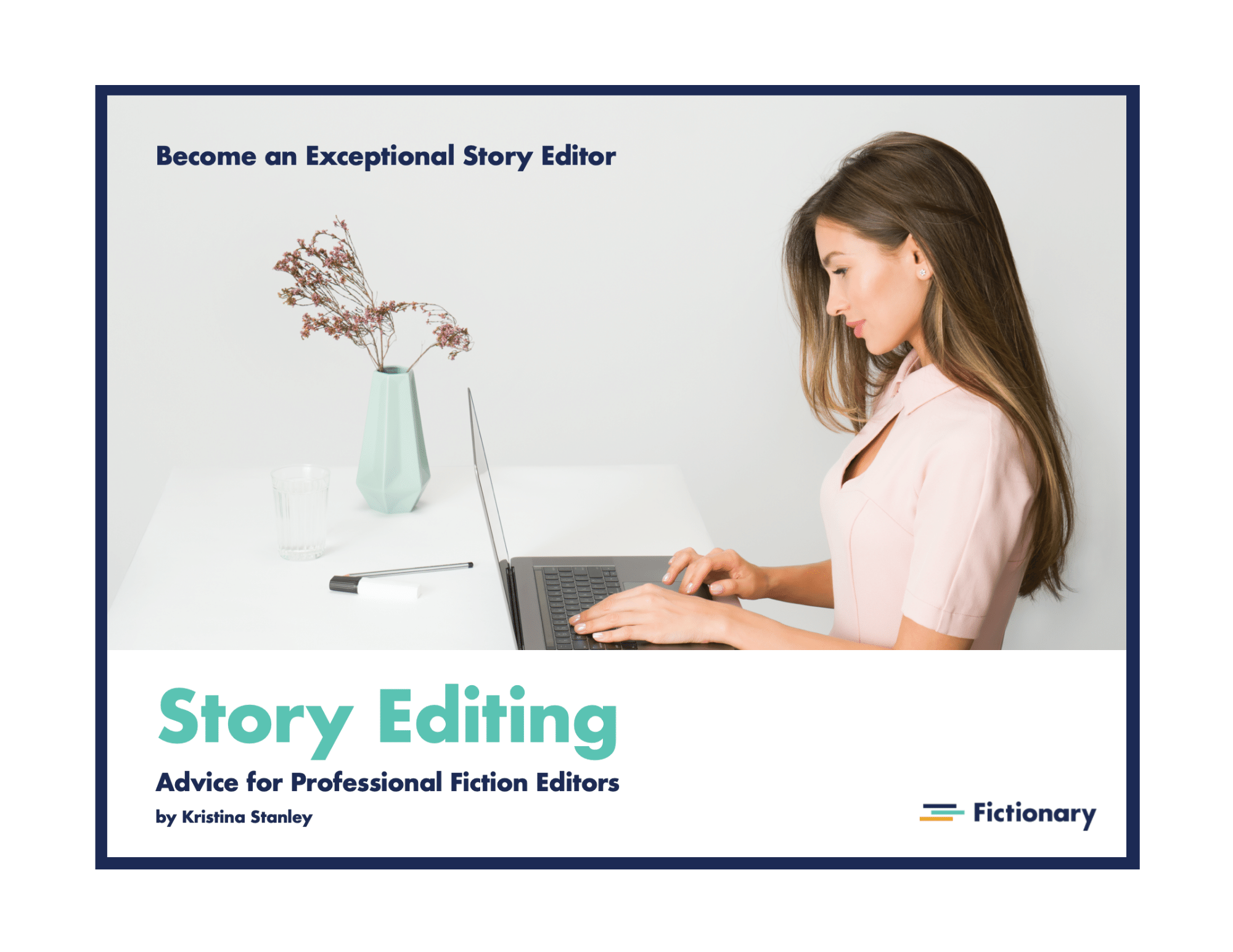
Like an author, an editor must work hard to find their editor’s voice.
An author’s voice is the unique style they use when writing. An author can be funny, serious, flowery. They can use short, punchy sentences or long descriptive sentences. Sometimes it takes years and several novels for an author to create their voice.
An editor’s voice is the unique style they use in comments, notes, and summary letters. Like a writer, and editor can be funny, serious, flowery. They can use short, punchy sentences or long descriptive sentences. It can also take years and many editing jobs to develop their voice.
Changing Your Editor’s Voice
A talented author will change voice for different styles of stories and genres. Think of J.K. Rowling’s voice in The Harry Potter Series compared to her voice in her Robert Galbraith series. The audience for the first series is mostly young adult, and the audience for the second series is adult.
An editor’s voice needs to develop as they learn how to give encouraging and helpful feedback. And like an author, an editor’s voice must change depending on who their audience is.
How to Develop Your Editor’s Voice
The only way to do this is practice.
Here’s an example. The opening scene of the novel is:
Funerals suck. And for more than the obvious reasons.
Death was there, along with sadness and grief, but the real problem was the gathering of people.Too many people. People who knew me and wanted to offer their condolences.
Some of them were not familiar. Who were they, and how did they know Nick? Or had I met them and forgotten?
If Nick were here and not in that awful coffin, he would help me through this. How would I live without him? And did I want to?
Two editors with very different styles commented as follows:
Editor 1: I think this is a great opening scene. There’s clearly tension, Jaz is hurting, doesn’t want to be with her family. I think though, that there needs to be a little bit more description of the scenery. She’s at a funeral but it’s not clear if she’s outside or inside. I don’t know whether it’s a burial or cremation or something else.
Editor 1 is concise and to the point. The first sentence is positive. The next lists what’s good about the scene, followed by what needs improvement.
Editor 2: A great start to this story, particularly with the line “funerals suck”. There is immediate tension in the scene that is outlined through Jaz’s emotional hurt, her desire to be alone that leads to her escaping out the backdoor, the wish to throw up, etc. The emotional difficulty of the day is clear for the reader. The chapter also establishes Jaz not just as the main protagonist but also the struggle/challenge she faces surviving without her husband. In this way, we begin to get an idea what the story might be about.
The reader is already beginning to wonder how Nick died? Who is Alyssa? Who is the mysterious man is and why he is staring at them?
However, the chapter seems to lack in setting detail. For example, is it night/day, a cremation/burial? Are they milling outside in a garden, outside a church or chapel, is it pouring rain or the sun beating overhead?
Sensory details keep the “stage” and characters interesting. Without them, both the setting and the characters will seem flat.
Using the POV character’s senses to describe the action will bring your reader closer to the character. Sensory details include touch, taste, smell, sight and sounds.
All these details add to the plot and may tell us more about the characters as well.
Editor 2’s voice is clearly more verbose than editor 1. Each of the editors provide helpful comments. To find your voice, take a scene of a novel you’re editing and try writing a concise comment and try a verbose one. Then evaluate your feedback from a writer’s point of view. What is most helpful?
When to Change Your Editor’s Voice
What is the tone of the initial correspondence from the author. Do they use emojis? Are they very serious? Funny? Perhaps you can match their tone. Hopefully, before you take on an editing job, you’ve developed an initial relationship with the author. This will help you determine the best tone to use for the writer to get the most from your feedback.
Ask Your Clients for Feedback
At the end of an editing job, once a client has had time to review and digest the comments, and then make some revisions, I ask my clients the following:
- Did they find any of the suggestions confusing?
- Which comments motivated them to write better?
- Which comments, if any, made them feel demotivated, frustrated, or annoyed?
- What did they find most helpful?
This will give you a way to improve your editor’s voice with every job you take on.
The process of learning to be a great editor is similar to the process of becoming a great writer. It takes time and hard work.
Download your free eBook
Ready to Take Your Editing to the Next Level?
A Fictionary StoryCoach helps writers tell a powerful story and makes the writer’s voice shine! You can now try Fictionary StoryCoach for editors for free for one month!
And there’s more. The Fictionary Certified StoryCoach training is available.
Do you want to become a Fictionary Certified StoryCoach? Check out Fictionary Certified StoryCoach Training.
If you’d like to take the training, send me (Kristina) an email at helpful.editor@temp-fictionary.flywheelstaging.com telling me why you’d like to become a Fictionary Certified StoryCoach, and I’ll give you a discount.
The Fictionary StoryCoach Certification training program helps editors deliver a comprehensive and objective editorial package using StoryCoach software.
We developed this training for two reasons.
- The first is for fiction editors to have a place to learn how to perform a high-quality story edit, get certified, and then have a tool (StoryCoach) that helps them perform exceptional story edits.
- The second is for writers to know they are dealing with a professional editor who understands story when they hire a Fictionary Certified StoryCoach.
For more on story coaching check out: What is a Story Coach?


